M4 Junction 3-12 Motorway Upgrade
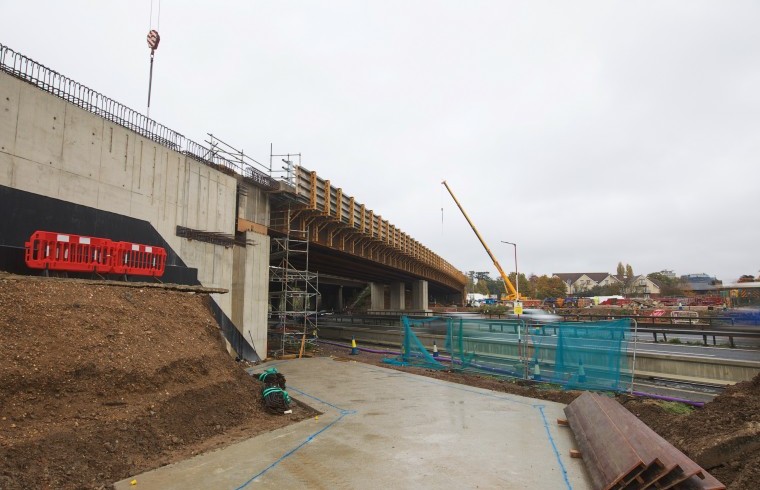
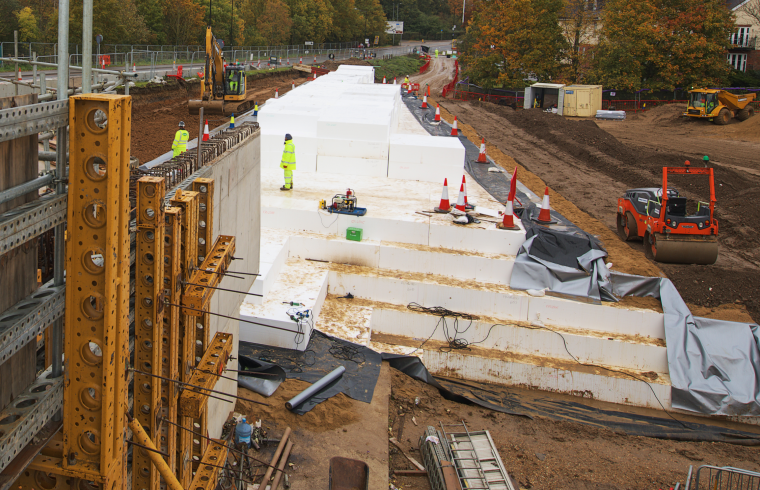
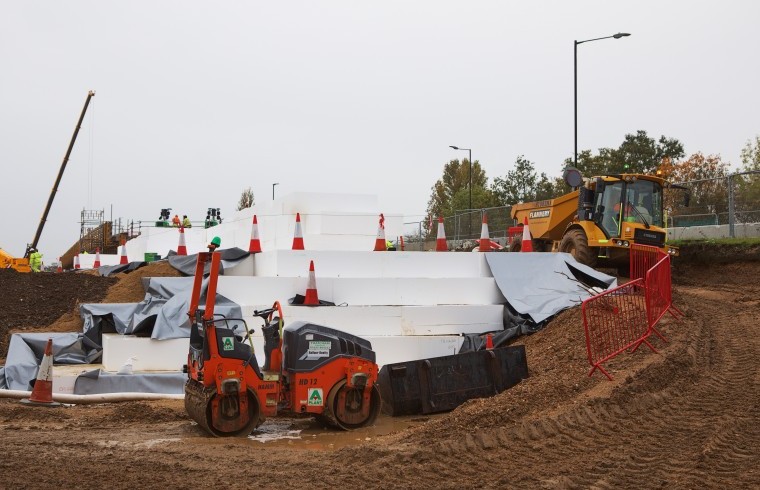
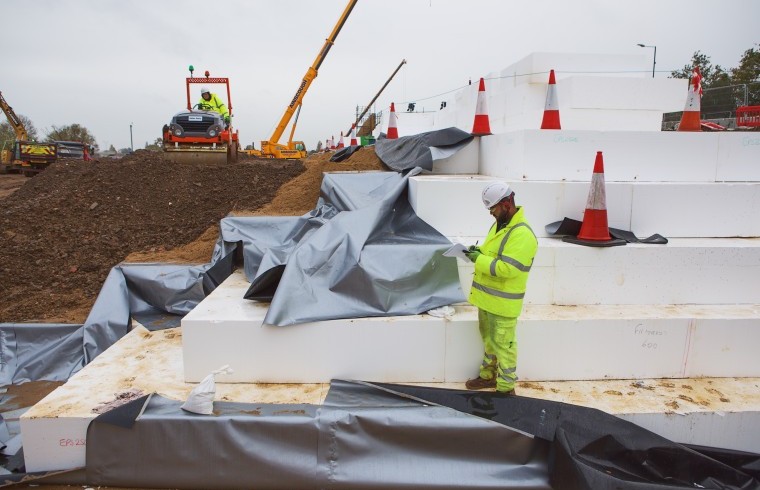
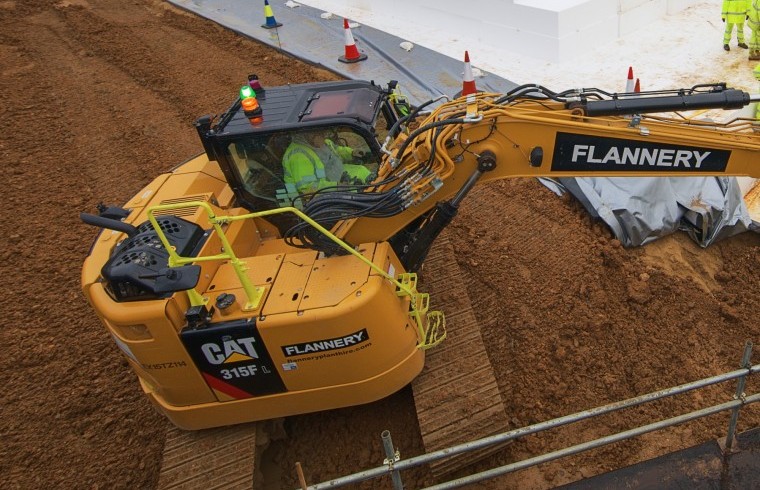





Client: Highways England
Principal Contractor: Balfour Beatty VINCI Joint Venture
Designers: Arcadis Jacobs
Market Sector: Structural Fill Solutions
Product: Filcor 100
The M4 Junction 3-12 motorway upgrade project, which started construction in July 2018, is designed to increase capacity, and reduce congestion between Junction 3 (Hayes) and Junction 12 (Theale). In the sections where there is no pre-existing hard shoulder for conversion into an additional running lane, a total of 11 overbridges needed to be demolished and replaced with longer decks to enable continuity of the widened carriageway.
The £848m project is due for completion in Spring 2022, by which time it is expected that approximately 680,000t of material will have been excavated, 1.8M.m² of new surface laid, 130km of cabling installed and 63km of concrete barrier positioned.
Cordek were approached by the Principal Contractor Balfour Beatty VINCI joint venture to provide a lightweight structural fill solution to be used for the embankment construction adjoining the Datchet Road Overbridge, between Junction 5 and Junction 6.
Project Scope
It was identified that beneath the proposed location for the Datchet Road Overbridge embankment, lay a localised area of peat deposits which provided concerns over potential settlement and subsequent impact on the carriageway adjoining the bridge. Additionally, underlying HV cables and the requirement to reduce the influence from the embankment construction above, led the project designers to conclude that a lightweight structural fill solution was required.
The Solution
Due to the ongoing COVID-19 pandemic at the time, all discussions between Cordek and Balfour Beatty VINCI were undertaken remotely and therefore relied upon the use of digitally shared design information to determine the project requirements.
The use of 3D BIM modelling techniques indicated that from formation level to the deepest point of the lightweight structural fill was approximately 5.0 metres, which terminated around 1.2 metres beneath the surface of the proposed carriageway. Further scrutiny of the 3D model suggested that a total volume of 4,070 m³ of material would be required, in the form of Filcor 100 Expanded Polystyrene (EPS) blocks.
The project designers determined that Filcor 100 provided the optimum combination of lightweight properties at only 35kg/m³, with a compressive strength capable of withstanding the loadings attributable to the embankment construction with minimal deflection. Furthermore, the use of Filcor 100 within the embankment removed the requirement for compaction or earth moving plant, allowing the ambitious programme for installation to be met.
Each Filcor 100 block was supplied with the dimensions 2400mm x 1200mm x 600mm and installed in staggered layers to aid stability whilst exposed. Where cutting of the blocks was required, this was undertaken using Cordek’s 110v portable Hot Wire Cutters that were provided to Balfour Beatty VINCI on a hire and return basis.
Summary
Despite the COVID-19 restrictions in place at the time and the relatively short lead-in to the project, Cordek supplied the 4,070 m³ of Filcor 100 required by the means of 59 fully loaded articulated lorries in just over five weeks, meeting the contractor’s construction programme without delay.
Whilst this element of the project was undertaken in the Autumn of 2020, Balfour Beatty VINCI is expected to complete the whole M4 motorway upgrade scheme on behalf of their client Highways England, during spring 2022.
 Download Case Study PDF
Download Case Study PDF